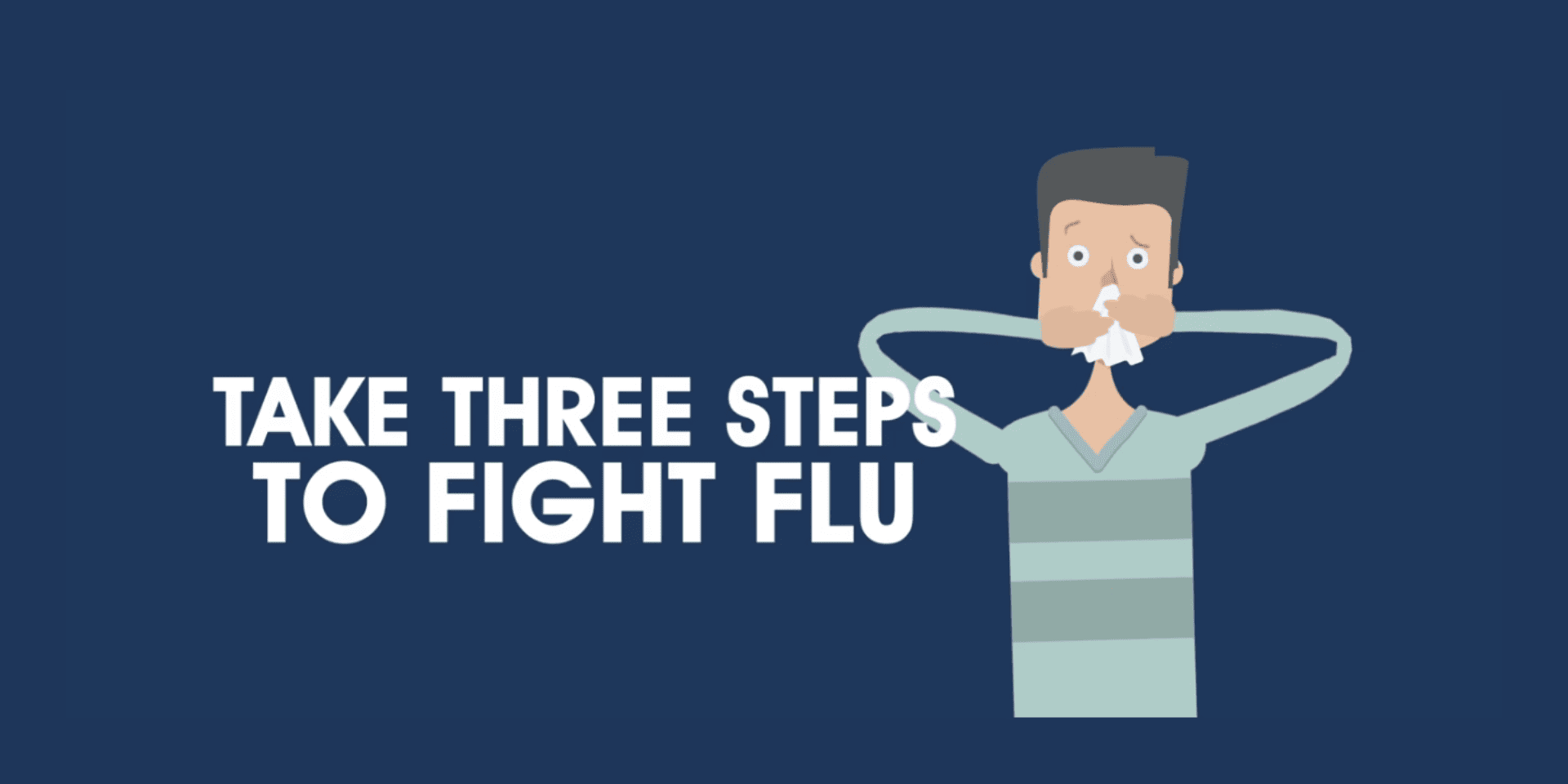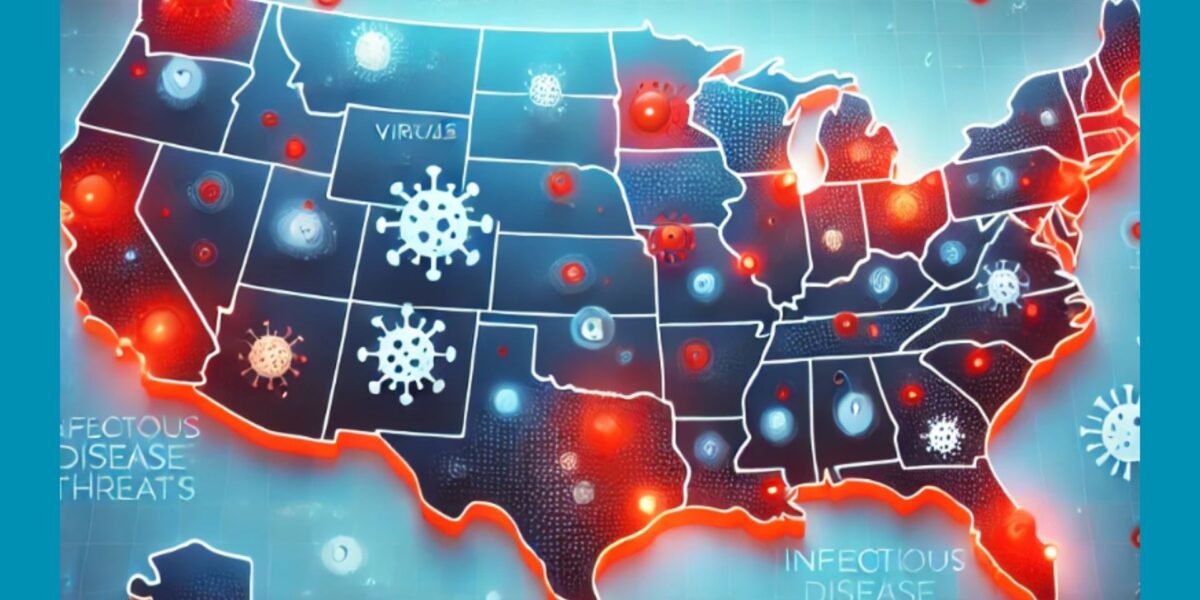
Recent news reports show high influenza (flu) activity across the US. Last week alone, 9 additional children died of flu-related causes, bringing the total to 64 pediatric deaths for the season. The National Foundation for Infectious Diseases (NFID) urges everyone age 6 months and older to #FightFlu and take three important steps to avoid spreading flu to friends, family, neighbors, and colleagues.
The NFID 30-second public service announcement video, “Don’t Be A Dreaded Spreader”, features co-workers and family members avoiding the “Dreaded Spreader” who is sick with flu. He then demonstrates the three steps recommended to #FightFlu and avoid being a “dreaded spreader”! Based on ‘Take 3’ Actions to Fight Flu from the Centers for Disease Control and Prevention (CDC), the video encourages viewers to:
- Take the time to get an annual flu vaccine
- Take everyday preventive actions to stop the spread of germs
- Take flu antiviral medicine if prescribed
Share the video on your social media channels
“Don’t Be A Dreaded Spreader” is part of an NFID initiative to increase awareness around the burden, causes, prevention, diagnosis, and treatment of flu. It was developed by NFID with support from Genentech and is currently playing on television stations across the US.
To join the conversation and get the latest news on flu and other infectious diseases, follow NFID on Twitter using the hashtag #FightFlu, like us on Facebook, follow us on Instagram, join the NFID Linkedin Group, and subscribe to NFID Updates.
Related Posts

News Round-Up: Infectious Disease Threats
According to NFID website poll, there are several worrisome infectious disease threats. Read recent news on topics of greatest concern, including avian influenza (bird flu), measles, and respiratory syncytial virus (RSV) …

Vaccines and Heart Health: A Vital Connection
Heart disease can increase the risk of serious or fatal complications from respiratory diseases including COVID-19, flu, and RSV

Harnessing the Power of Local Data
NFID dashboard aims to empower stakeholders with hyperlocal data to increase US adult respiratory vaccine uptake
